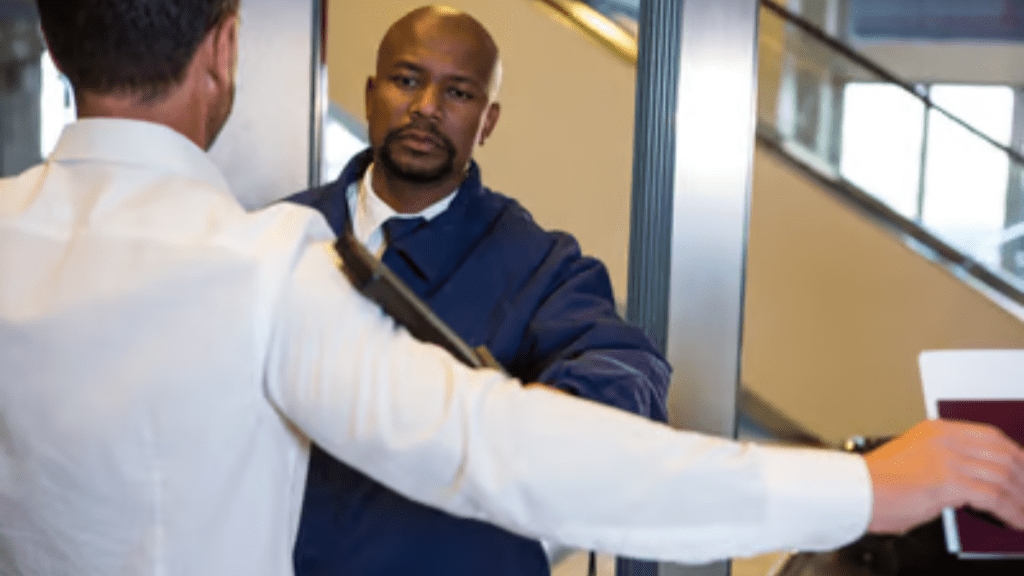The US Transportation Security Administration (TSA) is trying to find a unique “’ one-stop agreement’’ with India to get rid of the rescreening of flyers. TSA administrator David Pekoske underlined this initiative about how it will build up global aviation standards at the India US Aviation Summit.
Advantages of one-stop security
The main benefit of this agreement will be the elimination of duplicate security checks for passengers and their baggage at transfer points. Pekoske described the security concept as very reachable and tangible between India and the United States. It simply means that passengers won’t need to be rescreened to get their luggage checked while arriving in one country and heading to another domestic flight. The checked luggage will get automatically shifted to another aircraft. He explained that a stop security pact would raise global aviation security standards.
Terming it a ”really powerful” concept, he noted that flights inbound to the US will become more secure. If a reverse agreement takes place between the two countries, US screening will satisfy Indian security standards. As a result, the security of Indian flights will also be enhanced. A regular exchange of information and improvements in the security processes will be needed in such a deal.
Security Cost Reduction
This initiative can boost the overall passenger experience by decreasing flight connection times, by cutting down flight connection times, and by better resource deployment. Pekoske advised that the two countries should come forward to sign a memorandum of agreement for sharing sensitive security details. He further explained that this information will not come under classified documents but it is still sensitive enough for additional securities.
The transport security systems of both countries have been born out of the tragedy of the 9-11 terror attack in 2001 and the bombing of Air India Flight 182 in 1985. These attacks have changed the approach to transportation security in both countries and it is still evolving.
US Federal Aviation Administrator Michael Whitaker also echoed the need for collaboration in the field of aviation security between the two countries. The sharing of the data between the two nations will help in identifying the risks and alleviating them.
(With PTI inputs)
